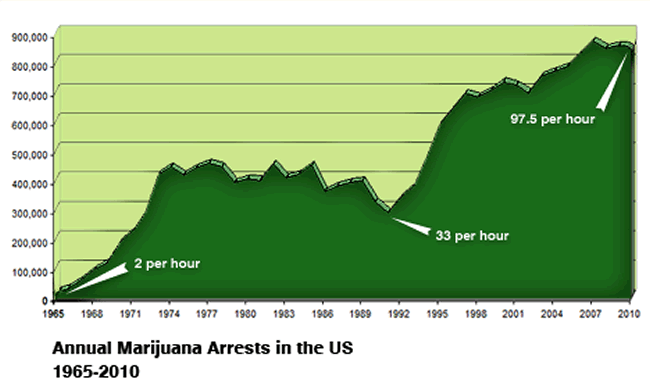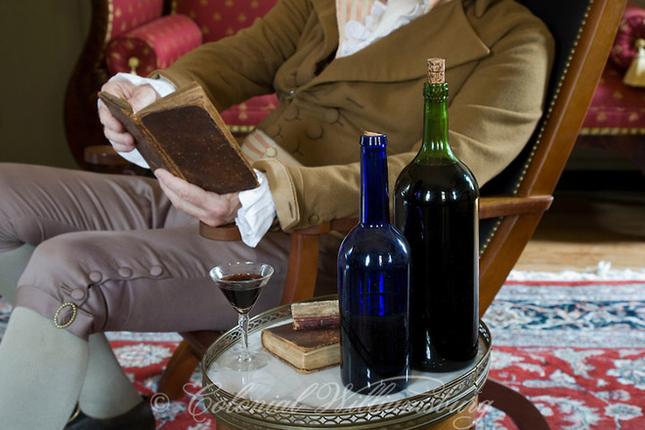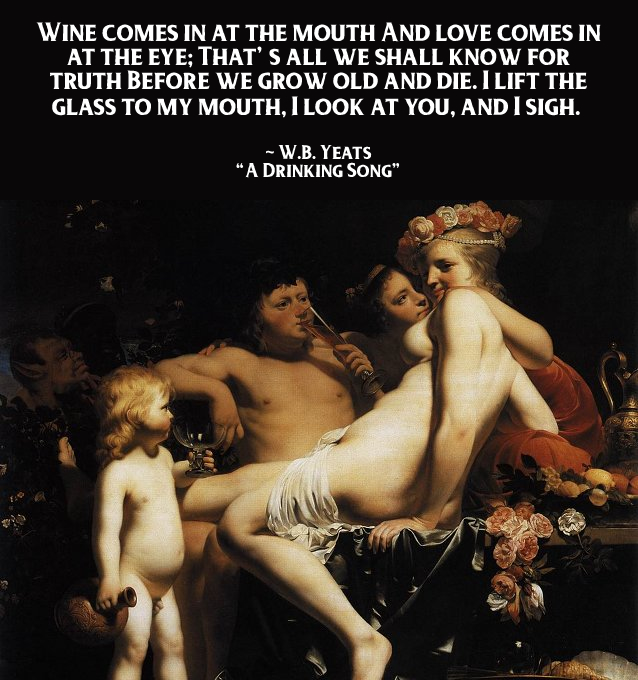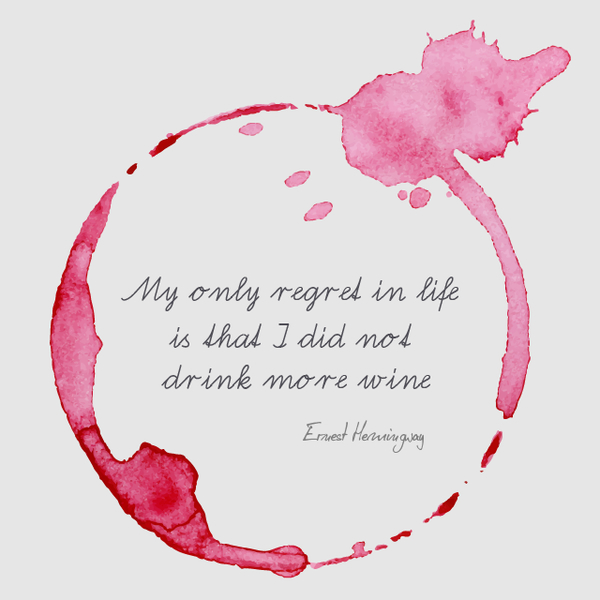Republished by Blog Post Promoter
“Reality” is regulated by vested interests who seek personal gain to the detriment of the greater good.
Definition: Vested Interest — 1/ a survival or non-survival plan or agenda which has been “clothed” to make it seem like something other than what it actually is; 2/ any person, group or entity which prevents or controls communication to serve their own purposes.” — THE OZ FACTORS, by Lawrence R. Spencer
____________________________
I don’t smoke weed, but it seems like almost everyone uses something to ease the mental and/or physical pains of living. However, for the same reasons that Free Energy, a technology developed by Nikola Tesla more than 100 years ago, Marijuana — an obviously superior alternative to pills and booze — will never become a legalized form of pain relief in the United States. This reason is very simple: MONEY.
DRUG, BEER, WINE AND DISTILLED SPIRITS COMPANIES MAKE REALLY BIG MONEY.
THESE VESTED INTEREST HIRE LOBBYISTS TO BUY OFF POLITICIANS.
POLITICIANS PASS LAWS TO FILL THEIR PERSONAL CHECKING ACCOUNTS.
COPS AND PRISONS MAKE BIG BUCKS ENFORCING THE PROHIBITION LAWS AGAINST COMPETITORS: STREET DRUGS
The TOP 5 ANTI-Weed Lobby Groups in the U.S. —
1.) Police Unions: Police departments across the country have become dependent on federal drug war grants to finance their budget. In March, a police union lobbyist in California coordinated the effort to defeat Prop 19, a ballot measure in 2010 to legalize marijuana, while helping his police department clients collect tens of millions in federal marijuana-eradication grants. And it’s not just in California. Federal lobbying disclosures show that other police union lobbyists have pushed for stiffer penalties for marijuana-related crimes nationwide.
2.) Private Prisons Corporations: Private prison corporations make millions by incarcerating people who have been imprisoned for drug crimes, including marijuana. As Republic Report’s Matt Stoller noted last year, Corrections Corporation of America, one of the largest for-profit prison companies, revealed in a regulatory filing that continuing the drug war is part in parcel to their business strategy. Prison companies have spent millions bankrolling pro-drug war politicians and have used secretive front groups, like the American Legislative Exchange Council, to pass harsh sentencing requirements for drug crimes.
3.) Alcohol and Beer Companies: Fearing competition for the dollars Americans spend on leisure, alcohol and tobacco interests have lobbied to keep marijuana out of reach. For instance, the California Beer & Beverage Distributors contributed campaign contributions to a committee set up to prevent marijuana from being legalized and taxed.
4.) Pharmaceutical Corporations: Like the sin industries listed above, pharmaceutical interests would like to keep marijuana illegal so American don’t have the option of cheap medical alternatives to their products. Howard Wooldridge, a retired police officer who now lobbies the government to relax marijuana prohibition laws, told Republic Report that next to police unions, the “second biggest opponent on Capitol Hill is big PhRMA” because marijuana can replace “everything from Advil to Vicodin and other expensive pills.”
5.) Prison Guard Unions: Prison guard unions have a vested interest in keeping people behind bars just like for-profit prison companies. In 2008, the California Correctional Peace Officers Association spent a whopping $1 million to defeat a measure that would have “reduced sentences and parole times for nonviolent drug offenders while emphasizing drug treatment over prison.”
WHO IS MAKING THE BIG BUCKS?
Global pharmaceutical sales are expected to grow by 5% to 7% in 2011 to around $880 billion, compared with a rise of 4% to 5% this year, thanks to robust growth in emerging markets, especially China, as well as new innovative treatments, according to IMS Health. The US prescription pharmaceutical sales were valued at 279 billion USD in 2009, with an annual growth rate of 5.5 % between 2008 and 2009.
TAXES: The beverage alcohol industry contributed over $21 billion directly to state and local revenues during 2009. Of that amount, distilled spirits accounted for over $8.5 billion or 41% of this direct revenue. In 2009, beverage alcohol’s total contribution to state and local revenues was over $40 billion. Of that amount, $19.7 billion came from indirect revenues such as corporate, personal income, property and other taxes generated by the beverage alcohol industry.
Total revenues from distilled spirits (direct and indirect) were $15.1 billion in 2009, or 37% of total beverage alcohol revenue.
A Heavy Tax Burden: Distilled spirits are one of the highest taxed consumer products in the United States.
Total U.S. beer sales rose two percent in 2011, to $98.94 billion, largely on strength in demand for craft, imported and premium beer, according to statistics from the Beer Institute.
Estimated retail value of WINE SALES was $30 billion, up 4% from 2009. Wines from California accounted for a 61% volume share of the U.S. wine market, with sales of nearly 200 million cases, up 1% from the previous year.
WEED REVENUE:
By comparison, the U.S. medical marijuana market will reach $1.7 billion in sales this year, according to a report by See Change Strategy LLC.
Compared to drugs, alcohol, beer and wine sales revenue, prisons and police budgets and state and federal tax collections this is Peanuts! Chicken feed. Chump change. The fact is that marijuana marketers in the US just can’t afford to compete in the “Free Market Economy” of the United States.





